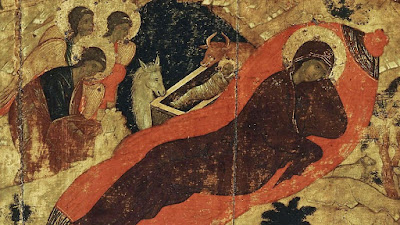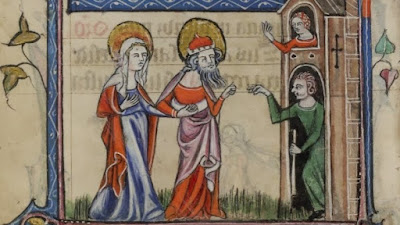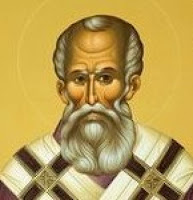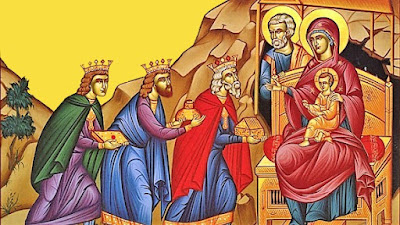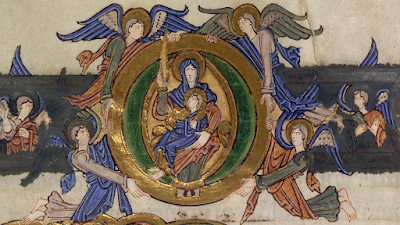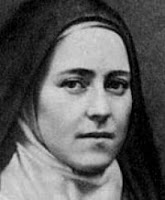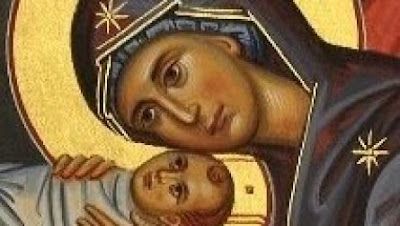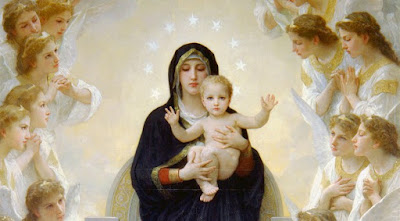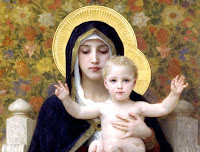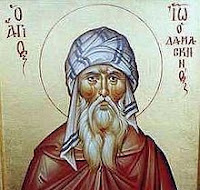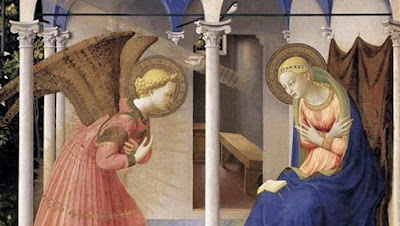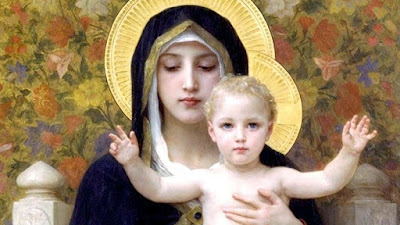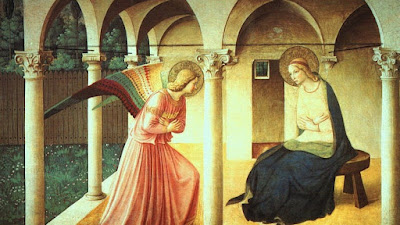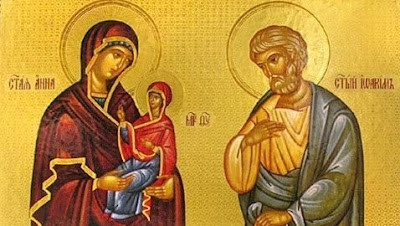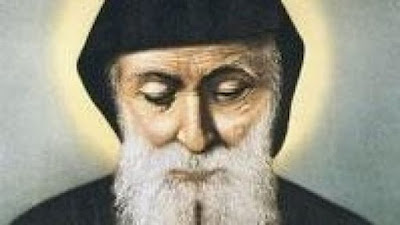A Christmas Primer: All About the Nativity of Christ
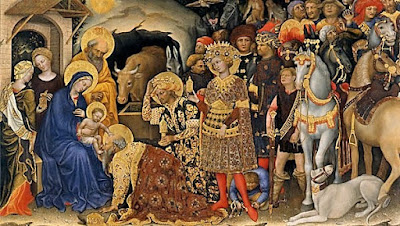
The Incarnation of Our Lord Jesus Christ is the seminal event in human history; fulfilling Old Testament prophecy and paving the way for His earthly ministry and atoning Passion and Death. The Catechism of the Catholic Church states: "Belief in the true Incarnation of the Son of God is the distinctive sign of Christian faith: 'By this you know the Spirit of God: every spirit which confesses that Jesus Christ has come in the flesh is of God.' Such is the joyous conviction of the Church from her beginning whenever she sings 'the mystery of our religion': 'He [Jesus Christ] was manifested in the flesh.'" ( Catechism of the Catholic Church , 463) True God and True Man As we continue to celebrate the season of Advent in anticipation of Christmas, we proclaim what the Church has always professed: "that Jesus is inseparably true God and true man. He is truly the Son of God who, without ceasing to be God and Lord, became a man and our brother.&q
